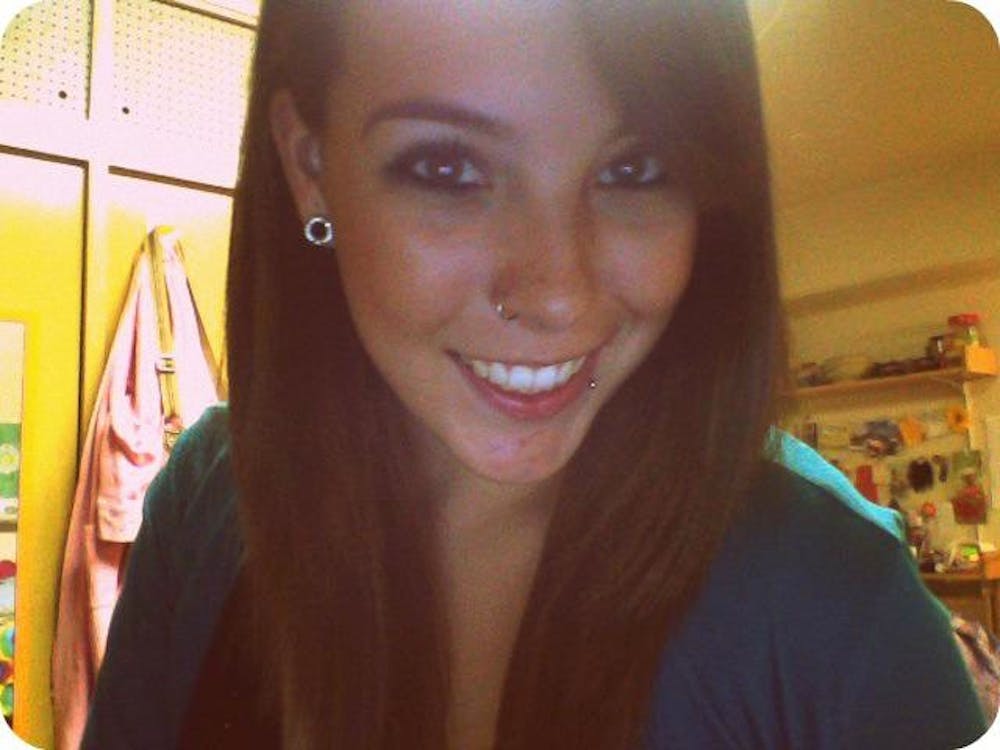Jaclyn Sisto |
The phrase “the road to hell is paved with good intentions” is one that rings true for many human experiences. However, in light of recent events on campus, I think that using good intentions as a way to justify or explain behaviors is not enough.
Microaggression is a term used to describe everyday interactions, whether intentional or unintentional, that subtly convey exclusion, rudeness, insensitivity and invalidation by a person in the dominant social group to a person in a minority group. The difficult thing about microaggressions is their less than obvious nature. Perpetrators of microaggressions often times do not realize that what they have said or done has been offensive. In turn, victims of microaggressions may often feel insulted or uncomfortable, but unable to put into words their exact reasoning why. Common examples of microaggressions are asking a person from a different ethnic background from you “What are you?” or following a racist joke with “But I don’t mean you, you’re different.” Other microaggressions are even more subtle, and include the use of words like “gay” and “retarded” to imply negativity (for example, “Oh that’s so gay” rather than “That’s so stupid”). These statements are hurtful because they are not only making individuals feel like they are isolated in their difference and their identity is not respected, but also that who they are as an individual is not welcomed or accepted in their community or society.
The ultimate goal of having conversations about things such as microaggressions is not to make individuals feel guilty about their actions, but rather to make people more self-aware. Be mindful of both your own choice of language and of your interactions with others. Try to question the impact of your words or your actions on people who are different than you. Above all else, be humble and keep an open mind when it comes to discussing topics that are deeply personal to someone’s identity. As human beings, we have a lifetime of learning ahead of us. Challenge yourself to make both your personal interactions and the campus at the University of Portland a more safe, inclusive and loving community for everyone.
Jaclyn Sisto is a junior social work major. She can be reached at sisto15@up.edu.








